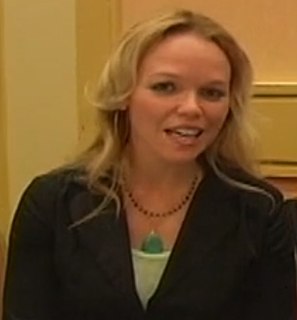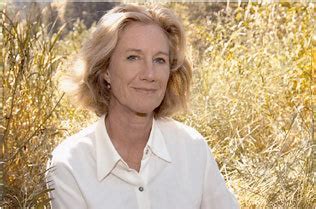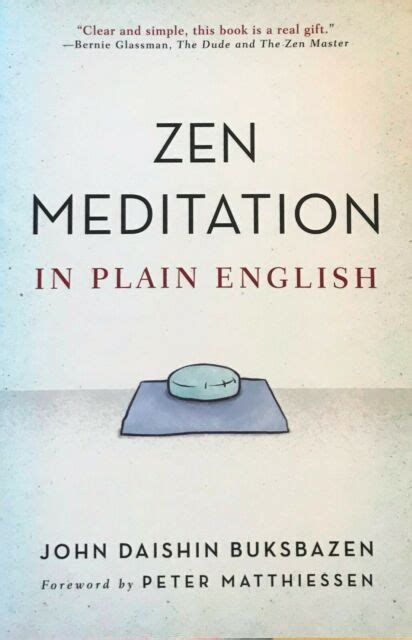A Quote by Jon Kabat-Zinn
To let go means to give up coercing, resisting, or struggling, in exchange for something more powerful and wholesome which comes out of allowing things to be as they are without getting caught up in your attraction to or rejection of them, in the intrinsic stickiness of wanting, of liking and disliking.
Related Quotes
I think this is when most people give up on their stories. They come out of college wanting to change the world, wanting to get married, wanting to have kids and change the way people buy office supplies. But they get into the middle and discover it was harder than they thought. They can't see the distant shore anymore, and they wonder if their paddling is moving them forward. None of the trees behind them are getting smaller and none of the trees ahead are getting bigger. They take it out on their spouses, and they go looking for an easier story.
One of the marks of a certain type of bad man is that he cannot give up a thing himself without wanting every one else to give it up. That is not the Christian way. An individual Christian may see fit to give up all sorts of things for special reasons--marriage, or meat, or beer, or the cinema; but the moment he starts saying the things are bad in themselves, or looking down his nose at other people who do use them, he has taken the wrong turning.
The notion of people commenting on you, the notion of people saying things about you, people liking or disliking you and getting into your business, has become more of a reality for the general public over the last years, as people have dipped further into Facebook, Twitter, Instagram and social media.
Law of Attraction abounds, and when it is said to you, 'Ask, and it is given,' there is no more powerful statement that is at the basis of what makes things happen than that. Now, how is it that you think you ask? With your words? The Universe doesn't hear your words. You ask with your desire. The desire that is born out of the contrast. That desire. That wanting. That's what summons the Life Force.
It was palpable, all that wanting: Mother wanting something more, Dad wanting something more, everyone wanting something more. This wasn't going to do for us fifties girls; we were going to have to change the equation even if it meant . . . abstaining from motherhood, because clearly that was where Mother got caught.
There's not a day I live that doesn't start with me getting up and first saying, "What can I do for somebody else?" Whether that means sending something to one of my children or picking up the phone and calling a stranger who is in the hospital, I start every day by wanting more for others than I do for myself.
The fascinating thing about standard economic stories is exactly that: they assume that everybody wants that kind of closure. That all human relations are forms of exchange, because if everything is an exchange then it's true that we're both equals. We walk up, I give you something, you give me something, and we walk away. Or I give you something, you don't give me something right now, and you owe me. So if we have any ongoing relationships at all, it's because somebody is in debt.





































